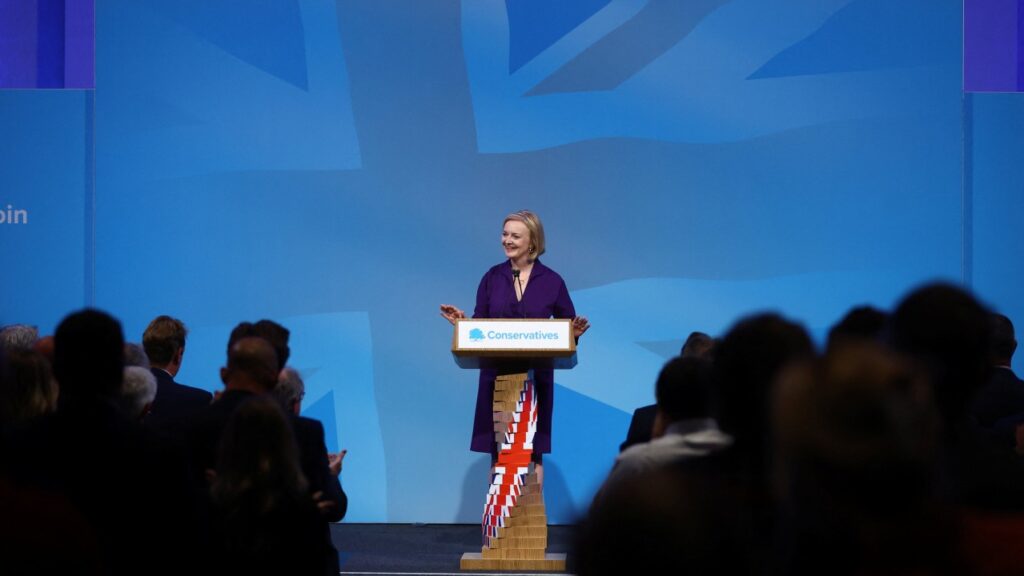What do PM Liz Truss’s campaign promises mean for HR?

As Liz Truss becomes the third female prime minister after Margaret Thatcher and Theresa May, let’s look at some of her key proposed policies and what these might mean for employers and HR.
1. Cutting tax and addressing the cost of living crisis
A substantial leadership promise is Truss’s pledge to cut tax by reversing the national insurance hike announced by her political opponent Rishi Sunak – a decision he took to fund the NHS, which came into effect in April 2022.
The practicalities of this change will remove the requirement on employers and payroll teams to list this separately on payslips and employers will need to adjust their payroll and payslips to reflect this.
2. Less trade union power
Another key campaign promise refers to introducing a new law on minimum staffing levels during strikes within the first 30 days of becoming prime minister – with a threshold set individually for each industry, including transport, education, healthcare, postal workers and energy. Under Liz Truss, employers may face less strike disruption.
Under Truss, the government may also introduce a ‘cooling off’ period. This would prevent workers from taking industrial action within six months after a strike. Again, this would potentially reduce the level of trade union power.
Plus, Truss wants to remove paid leave entitlement for workers who carry out strike action. Along with plans to axe tax-free payments from unions, this would discourage workers from striking.
3. Cutting diversity and inclusion jobs
Truss has also stated her intention to get rid of standalone diversity and inclusion roles in the civil service, as she has allegedly previously referred to such roles as ‘woke’ and has vowed to stand up to “risk averse” Whitehall’s “groupthink”.
Truss’s idea is extremely disappointing and it shows that now, more than ever, we need strong and committed ED&I champions at the top table in order to keep the progress we’ve made so far.
4. Potential changes to working time rules
Reports suggest that Truss is considering a radical overhaul of worker rights – including the 48-hour working week.
This is to “make the UK more competitive” but could see immediate challenges from unions.
As it stands, staff can’t legally work more than an average of 48 hours each week. Workers can sign an agreement to opt out of this law if they want to work more. Truss may be reviewing this law, along with other key workers’ rights. However, for now these rumours are unconfirmed. If employment law changes do come into force, you may need to adjust your policies, speak to your staff, and update their contracts.

